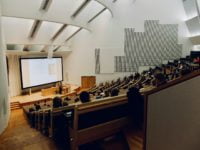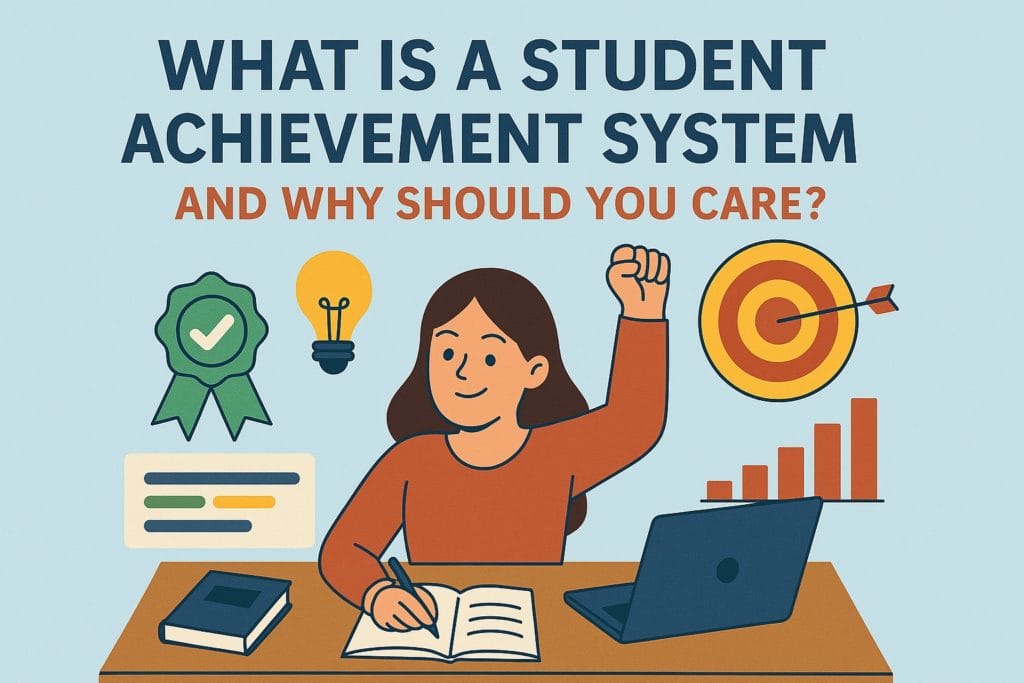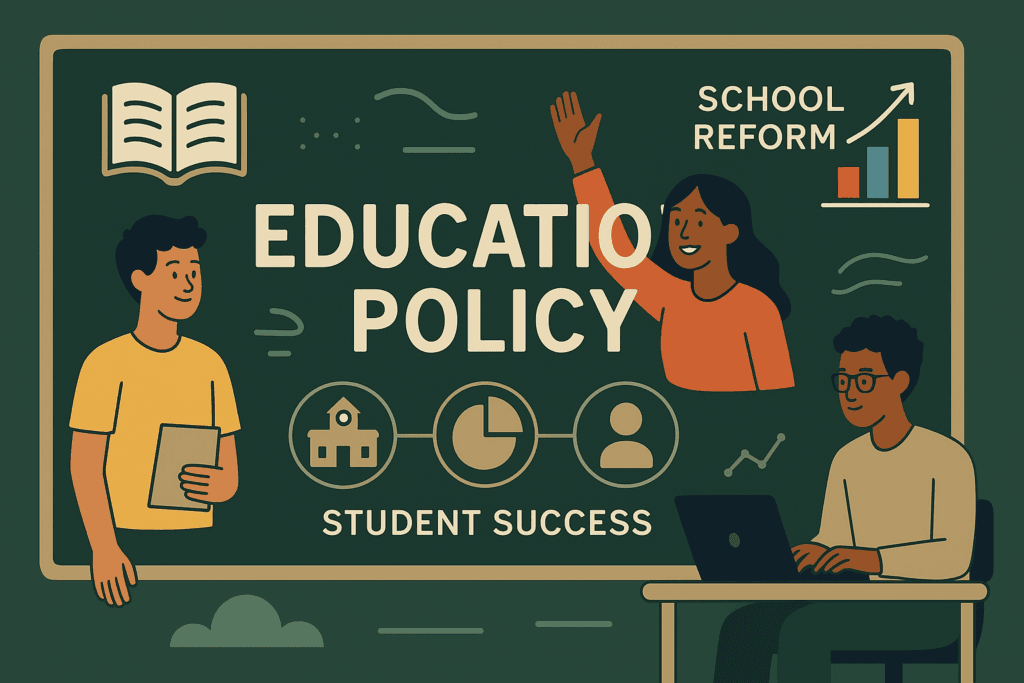
Lectures might be very boring and daunting, but it’s something that you should go through in your academic life in order to succeed. Attending lectures is a foundation of college experience, and it provides a direct path to deep knowledge. Not all lectures are created equal, and some can feel much more exhausting. Despite the monotony, it’s crucial to stay focused and make the lecture sessions productive. Here are a few tips that will surely help you make the most out of your lectures.
Preparation Before the Lecture
Not everyone pays proper attention to preparation before the lecture; however, it is crucial to be prepared for the material that you’re going to listen to.
Read ahead
One of the most effective ways to engage with lecture material is to get acquainted with it before the lecture itself. Skimming through the assigned reading will be enough for you to get an idea of what will be covered in the lecture. This pre-exposure to the content makes it easier to follow along and understand complex concepts provided during the lecture.
Take care of yourself
It’s important to be well-rested and have a healthy meal before the lecture so your system is ready for mental work. A human brain requires a lot of energy to be productive, memorize materials, etc. That’s why it’s important to have a good night’s sleep and eat healthily while studying at college. You should also minimize stress and seek help with homework from professionals if needed.
Adopt Effective Note-Taking Strategies
Some of the best note-taking strategies that significantly affect the result might be the following:
Cornell note-taking method
Cornell method involves dividing your paper into three sections – a narrow left-hand column for keywords or questions, the right-hand column for notes during the lecture, and a summary section at the bottom. This method allows you to create a nice layout for your notes and be able to find the needed information very quickly. It also allows you to organize information in your head well so that you will be able to remember the page with information on it.
Mind mapping
Visual learners often appreciate mind mapping as a note-taking method due to its illustrative abilities. It can be a very powerful tool that starts with the main topic in the center of the page and with a bunch of branches for sub-topics and key points. By using this method, you will have a nicely made illustration or a scheme for the lecture material. The method allows you to make note-taking more engaging while visualizing the correlation and relationships between different concepts or facts.
Digital note-taking
More and more students nowadays prefer digital notes over classical notes. Using a laptop or a tablet for note-taking allows you to type the material faster, integrate various illustrations, charts, and other materials into your notes, and also be able to find the needed paragraphs quickly through the search tool.
Staying Engaged Is Crucial
One of the main things that allows you to understand and remember material is active listening. But how does it differ from active learning? Basically, they are very similar. Actively engaging with the content means focusing and understanding the material as well as asking yourself questions throughout the lecture. For example, why is this material important? How does this fact connect to what I already know? How can this theoretical knowledge be used in practice?
Ask questions
Not only should you ask questions that you answer yourself. You will surely remember the lecture material quite well if you ask your professor some questions during the class. You can clarify your doubts and also keep yourself actively involved by asking questions that relate to the topic. If this is not allowed, you can write the questions down and ask them during the office hours.
Participate in discussions
Lectures often include opportunities for discussion; if so, you should take advantage of them. Engaging in a discussion allows you to comprehend the material and understand complex topics, as well as show your interest in the subject to the professor.
Use a highlighter
Highlighting key points in your notes is very important. It allows you to make the text more understandable, more structured, and more organized. It’s important to make sure that you have the opportunity to break down lecture topics into smaller sections by using highlighters, stickers, or other tools that you like.
Manage Distractions
If you are easily distracted, you might need to read the following tips and implement them in your everyday life
Sit at the front
Sitting at the front of the classroom can reduce distractions and also help you keep focused. You will be less likely to drift off or get distracted when you have a professor right in front of you looking at you and watching your behavior. You will also be less distracted by your peers as they sit behind you. This little increase in responsibility during lectures can really boost your effectiveness and productivity.
Turn off notifications
Digital distractions are among the most common and biggest obstacles during lectures nowadays. Turn off your notifications or put your device in the bag. You can also use website and app blockers during class hours to keep yourself away from social media or games.
Stay organized
Keep your materials and stationary organized and prepared for each lecture. You might need to have a backpack or a bag to take everything you need to lectures and keep it ready.
Engage in Post-lecture Activities
When the lecture is over, it’s important to keep the material in your head, so you might need to do the following steps:
Review and revise
Revising your lecture notes allows you to turn the material into long-term memories. This will come in handy when you need to quickly remember something during a test or an exam. Revising your notes right after the class is over and periodically during the few following weeks will help you remember them better.
Summarize key points
You might also need to summarize the main ideas and points of the lecture by writing them in the bullet point list right after the lecture is over. This exercise will force you to process the information more deeply.
Form study groups
If you find it effective to study in a group or with a study buddy, you might want to form a group yourself and reinforce lecture material during the meetings. Discussing the content and explaining it to someone else will help you understand and remember the material for longer.
Incorporating Technology
Recording lectures
If permitted, you might be recording your lectures for the following use. It is a very powerful and effective way to revisit complex parts of the lecture at your own pace and in the comfort of your own room. Don’t use recordings as a substitute for attending lectures or taking notes though. These two methods are completely different in terms of creating long-term memories. That’s why they might be most effective when combined.
Implementing interactive tools
Utilize interactive tools and resources that your professor provides you with. Many courses offer online forums, quizzes, and additional reading materials that often can be found in the syllabus. By interacting with these resources, you can deepen your knowledge of the topic and even have fun solving the quizzes.
Educational apps
There are many educational apps designed to aid with learning. Apps like Khan Academy, Coursera, and subject-specific apps can provide additional explanations and easy-to-remember material to support the lecture topic.
Conclusion
Sitting through numerous lectures might not be the most fun experience to have during the academic years. However, it is very important to pay attention to what your professor says during the lectures and take notes on the material they provide you with. Listening and writing at the same time is a basic active learning technique that allows you to understand the material and remember it well. That’s why it’s important to attend lectures, alongside the points that the professor gives you for attendance.
 Karen Palmer
Karen Palmer


